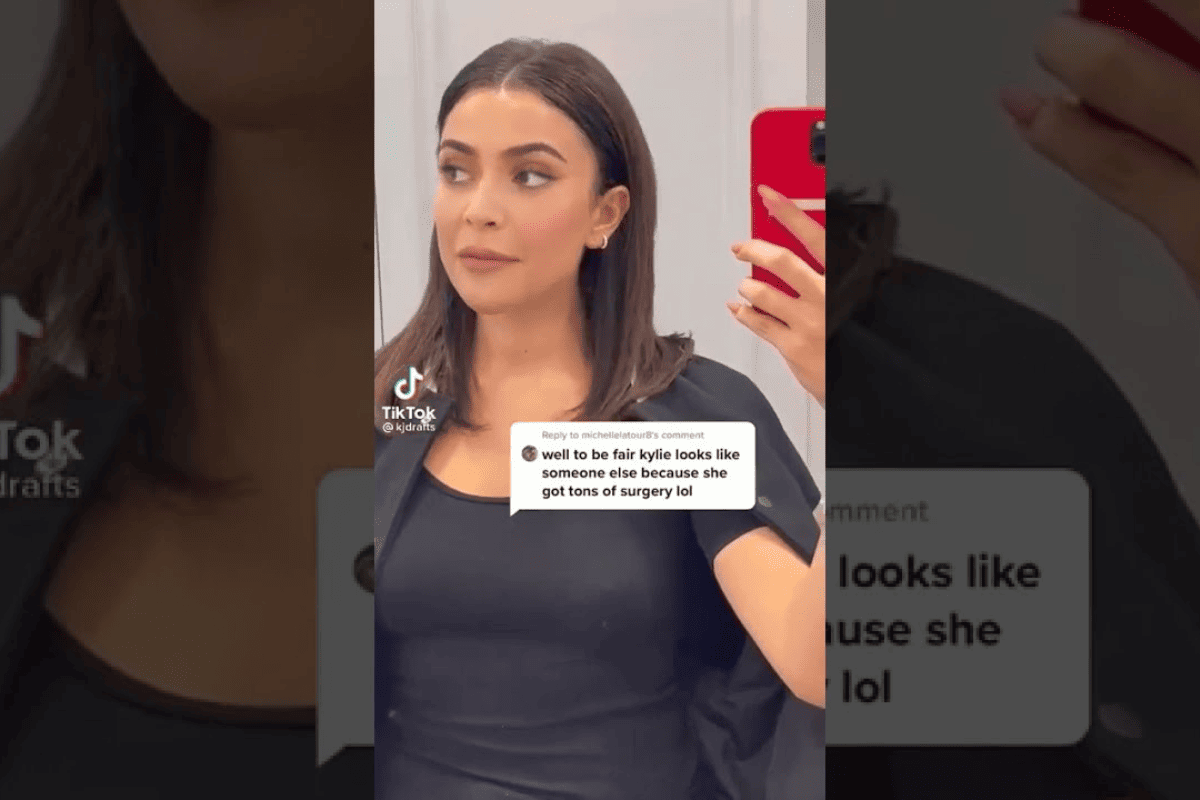Artificial intelligence is reshaping our world, prompting questions about the nature of these transformations. One noteworthy development in recent times is the explosion of deepfake technology. Leveraging sophisticated algorithms, individuals can manipulate photos and videos by seamlessly substituting one person’s face with another. While some instances seem relatively harmless individuals with malicious intent can easily generate fake revenge porn, amplifying concerns about individual privacy and government security. From Kylie Jenner to the Queen of England it seems no one is safe from the ramifications of AI Deepfakes.
Kylie Jenner’s TikTok Deepfake

TikTok has become a breeding ground for celebrity doppelgängers, with Kylie Jenner joining the ranks of stars discovering their online lookalikes. A TikTok user known as @kjdrafts has taken the platform by storm, amassing over 4 million likes with just 13 videos showcasing an uncanny resemblance to the beauty mogul. While fans marveled at the likeness, skepticism arose as some users questioned whether the resemblance was too good to be true. Speculations of the use of the ‘reface’ app or even deepfake technology surfaced, fueled by observations of glitches and limited facial expressions in @kjdrafts’ videos.
Deepfakes involve fabricating videos, manipulating content to depict individuals saying or doing things they never did, with techniques ranging from replacing the entire face with that of a victim or celebrity to replicating specific lip movements and facial expressions. In 2019 Deeptrace reported a shocking 96% of deepfakes were nonconsensual and often pornographic, primarily targeting women, including celebrities. While signs hint at the possibility of Kylie Jenner’s lookalike being a deepfake, such as consistent hand positioning to avoid disrupting potential filters, glitches around facial features, and limited expressions, the truth remains uncertain.
